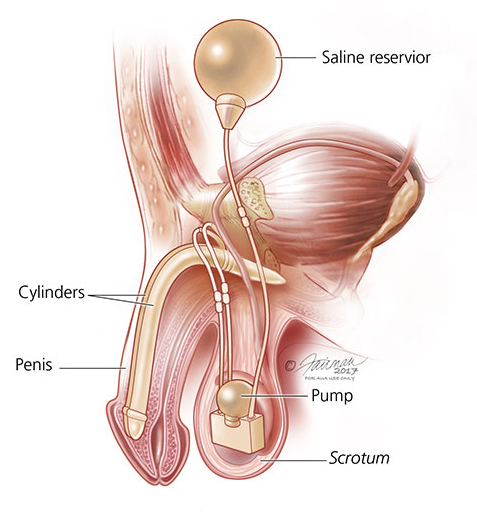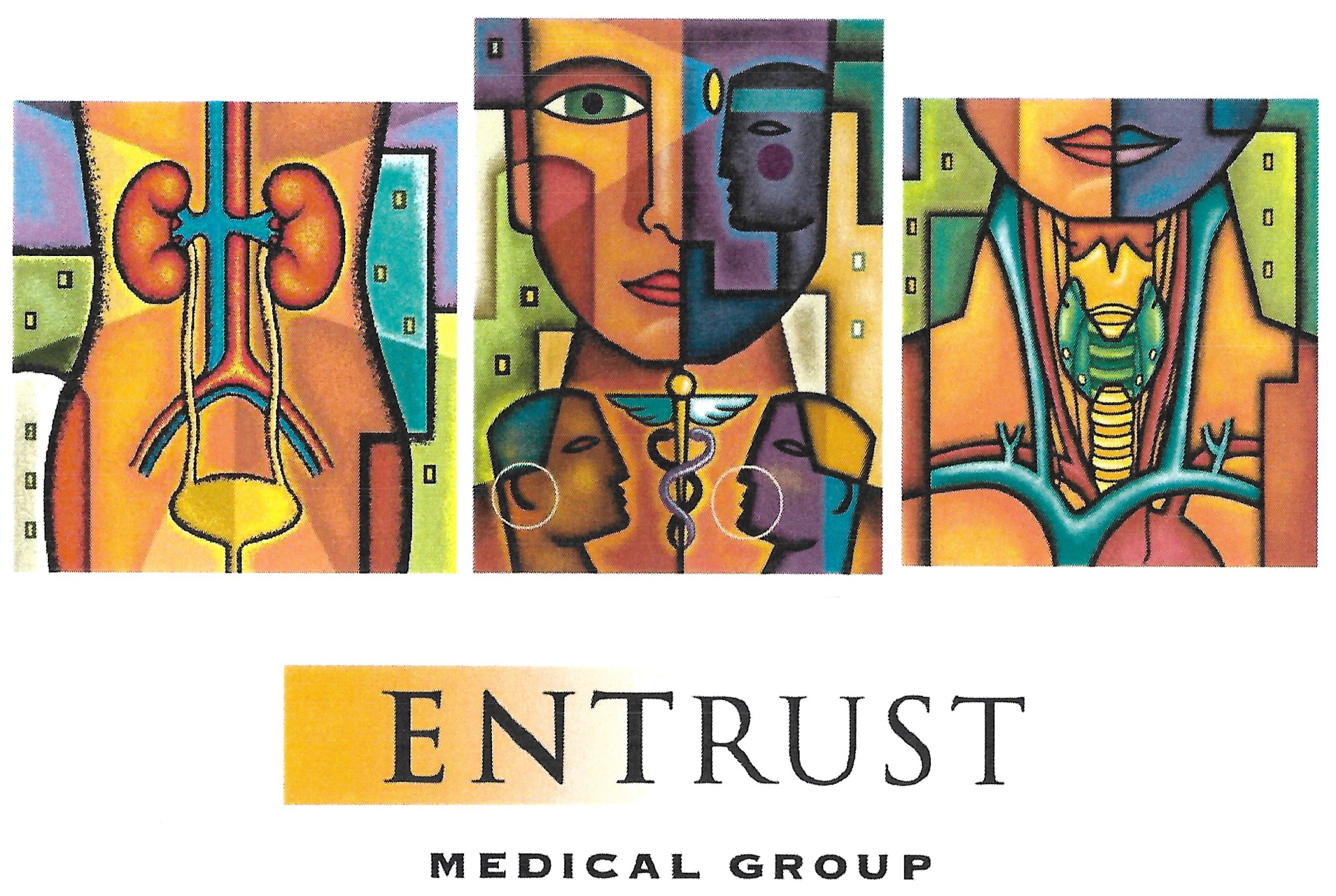Advanced Treatments for ED
ED TREATMENTS
The treatment for ED starts with taking care of your heart and vascular health. Your doctor may point out ‘risk factors' that can be changed or improved. You may be asked to change certain food habits, stop smoking, increase workouts or stop using drugs or alcohol. You may be offered alternatives to the drugs you take. (Never stop or change prescription drugs without first talking to your health care provider.) Your health care provider may also suggest treating emotional problems. These could stem from relationship conflicts, life's stressors, depression or anxiety from past problems with ED (performance anxiety). The treatments below are available to treat ED directly.
Non-invasive treatments are often tried first. Most of the best-known treatments for ED work well and are safe. Still, it helps to ask your health care provider about side effects that could result from each option:
- Oral drugs or pills known as phosphodiesterase type-5 inhibitors are most often prescribed in the U.S. for ED (Viagra, Cialis, Levitra, Stendra)
- Testosterone Therapy (when low testosterone is detected in blood testing)
- Penile Injections (ICI, intracavernosal Alprostadil)
- Intraurethral medication (IU, Alprostadil)
- Vacuum Erection Devices
- Penile Implants
- Surgery to bypass penile artery damage for some younger men with a history of severe pelvic trauma. Penile vascular surgery is not recommended for older men with hardened arteries.
Oral Drugs (PDE5 inhibitors)
Drugs known as PDE type-5 inhibitors increase penile blood flow. These are the only oral agents approved in the U.S. by the Food and Drug Administration for the treatment of ED.
- Viagra ® (sildenafil citrate)
- Levitra ® (vardenafil HCl)
- Cialis ® (tadalafil)
- Stendra ® (avanafil)
For best results, men with ED take these pills about an hour or two before having sex. The drugs require normal nerve function to the penis. PDE5 inhibitors improve on normal erectile responses helping blood flow into the penis. Use these drugs as directed. About 7 out of 10 men do well and have better erections. Response rates are lower for Diabetics and cancer patients.
If you are taking nitrates for your heart, you SHOULD NOT take any PDE5 inhibitors. Always speak with your health care provider before using a PDE5 inhibitor to learn how it might affect your health.
Most often, the side effects of PDE5 inhibitors are mild and often last just a short time. The most common side effects are:
- Headache
- Stuffy nose
- Facial flushing
- Muscle aches
- Indigestion
In rare cases, the drug Viagra ® can cause blue-green shading to vision that lasts for a short time. In rare cases, the drug Cialis ® can cause or increase back pain or aching muscles in the back. In most cases, the side effects are linked to PDE5 inhibitor effects on other tissues in the body, meaning they are working to increase blood flow to your penis and at the same time impacting other vascular tissues in your body. These are not ‘allergic reactions'.
Testosterone Therapy
In those rare cases where a low sex drive and low blood levels of Testosterone are at fault for ED, Testosterone Therapy may fix normal erections or help when combined with ED drugs (PDE type 5 inhibitors).
Self-Injection Therapy
Alprostadil is injected into the side of penis with a very fine needle. It's of great value to have the first shot in the doctor's office before doing this on your own. Self-injection lessons should be given in your doctor's office by an experienced professional. The success rate for getting an erection firm enough to have sex is as high as 85% with this treatment. Many men who do not respond to oral PDE5 inhibitors can be ‘rescued' with ICI.
ICI Alprostadil may be used as a mixture with two other drugs to treat ED. This combination therapy called "bimix or trimix" is stronger than alprostadil alone and has become standard treatment for ED. Only the Alprostadil ingredient is FDA approved for ED. The amount of each drug used can be changed based on the severity of your ED, by an experienced health professional. You will be trained by your health professional on how to inject, how much to inject and how to safely raise the drug's dosage if necessary.
ICI therapy often produces a reliable erection, which comes down after 20-30 minutes or with climax. Since the ICI erection is not regulated by your penile nerves, you should not be surprised if the erection lasts after orgasm. The most common side effect of ICI therapy is a prolonged erection. Prolonged erections (>1 hour) can be reversed by a second injection (antidote) in the office.
Men who have penile erections lasting longer than two to four hours should seek Emergency Room care. Priapism is a prolonged erection, lasting longer than four hours. It is very painful. Failure to undo priapism will lead to permanent penile damage and untreatable ED.
Surgical Treatment
The main surgical treatment of ED involves insertion of a penile implant (also called penile prostheses). Because penile vascular surgery is not recommended for aging males who have failed oral PDE5 inhibitors, ICI or IU therapies, implants are the next step for these patients. Although placement of a penile implant is a surgery which carries risks, they have the highest rates of success and satisfaction among ED treatment options.
Penile implants are devices that are placed fully inside your body. They make a stiff penis that lets you have normal sex. This is an excellent choice to improve uninterupted intimacy and makes relations more spontaneous.
Inflatable Implant
With an inflatable implant , fluid-filled cylinders are placed lengthwise in the penis. Tubing joins these cylinders to a pump placed inside the scrotum (between the testicles). When the pump is engaged, pressure in the cylinders inflate the penis and makes it stiff. Inflatable implants make a normal looking erection and are natural feeling for your partner. Your surgeon may suggest a lubricant for your partner. With the implant, men can control firmness and, sometimes, the size of the erection. Implants allows a couple to be spontaneously intimate. There is generally no change to a man's feeling or orgasm.

What is the Surgery Like?
Penile implants are most often placed under anesthesia. If a patient has a systemic, skin, or urinary tract infection, this surgery should be postponed until all infections are treated. If a man is on blood thinners, then he may need to talk with a medical expert about stopping the medications for elective surgery and healing.
Most often, one small surgical cut is made. The cut is either above the penis where it joins the belly, or under the penis where it joins the scrotum. No tissue is removed. Blood loss is typically small. A patient will either go home on the same day or spend one night in the hospital.
There are risks to prosthetic surgery and patients are counselled before the procedure. If there is a post-operative infection, the implant will likely be removed. The devices are reliable, but in the case of mechanical malfunction, the device or a part of the device will need to be replaced surgically. If a penile prosthesis is removed, other non-surgical treatments may no longer work.
Most men with penile implants and their partners say that they're satisfied with the results, and they return to more spontaneous intimacy.

